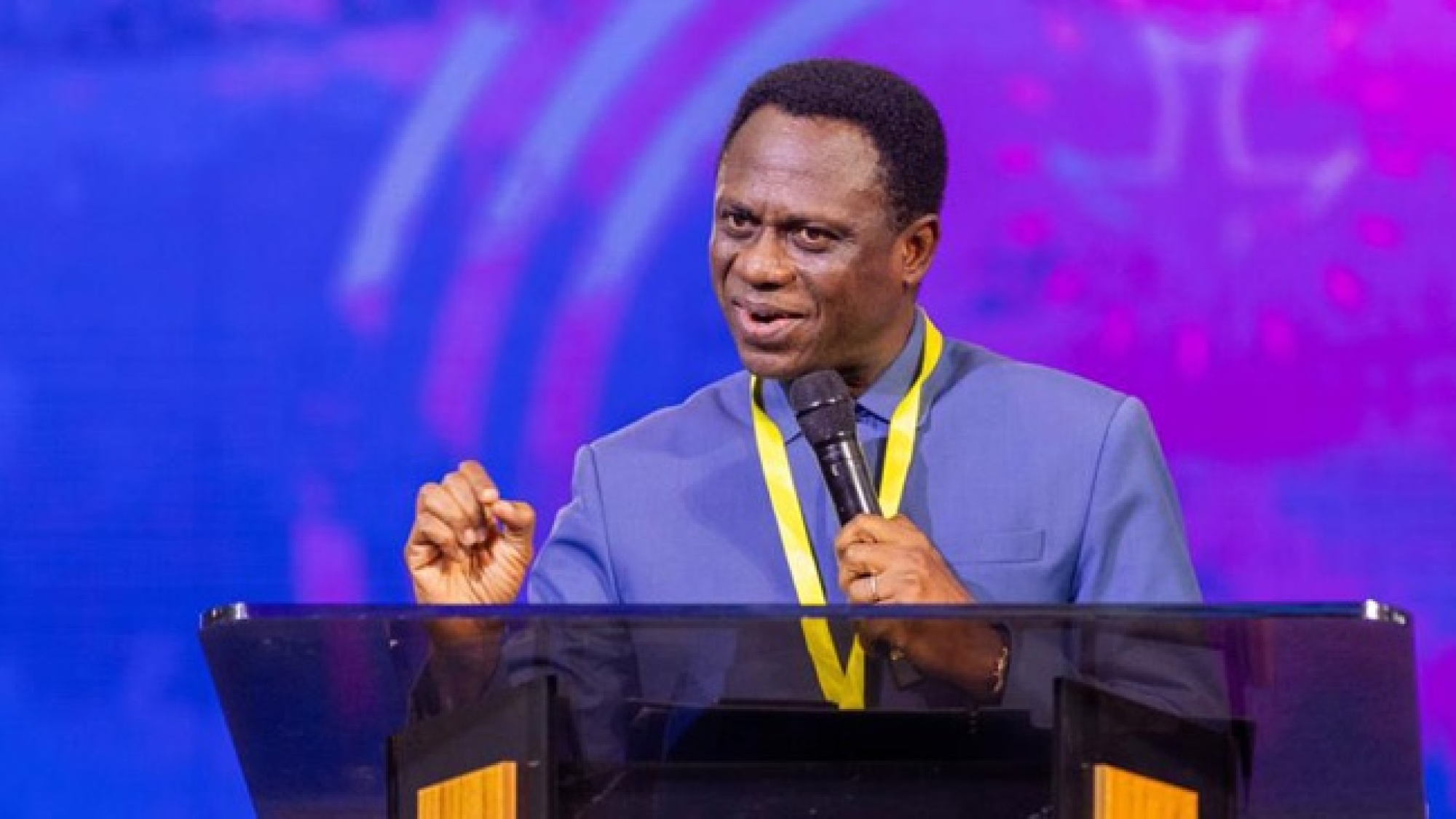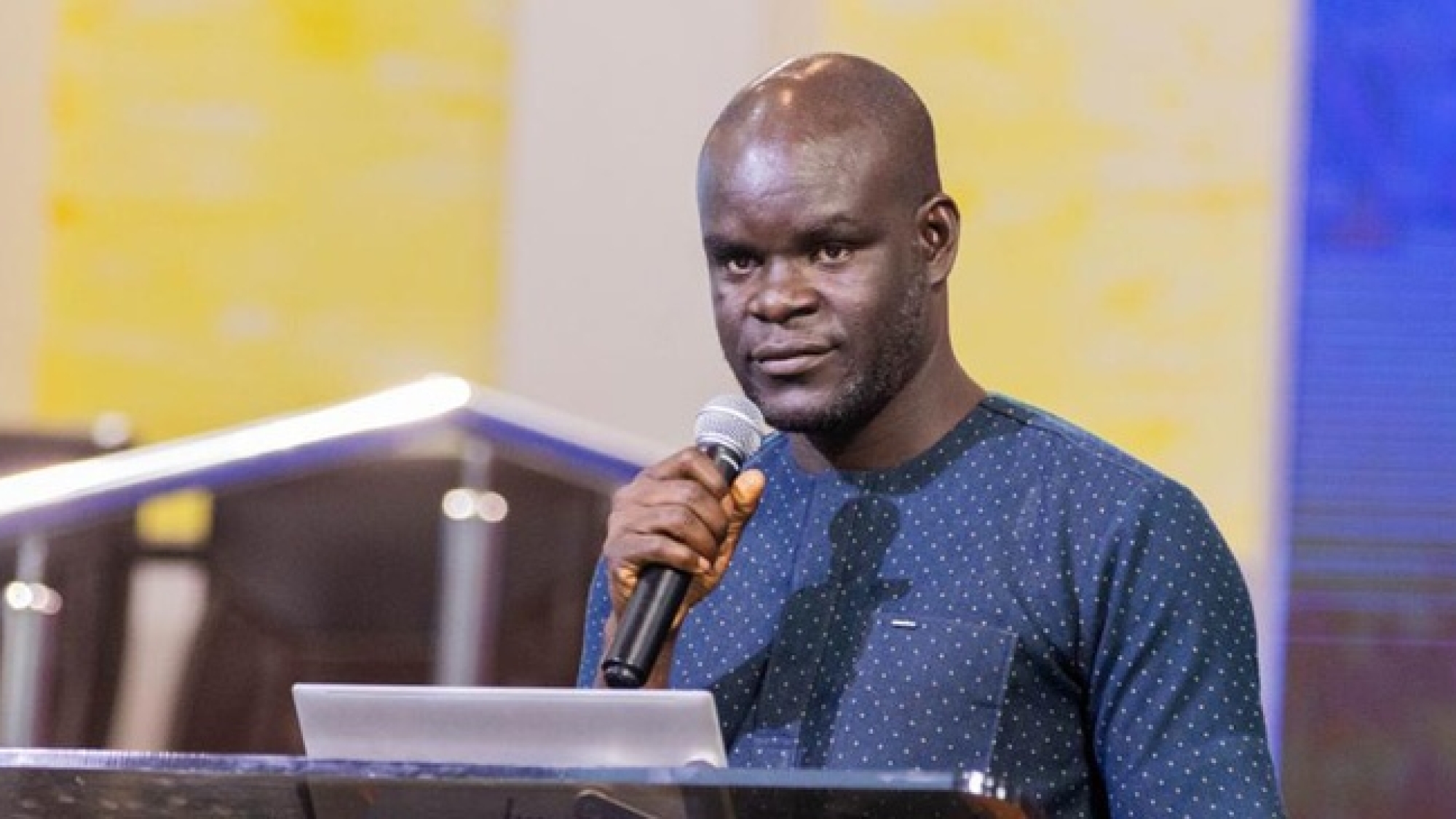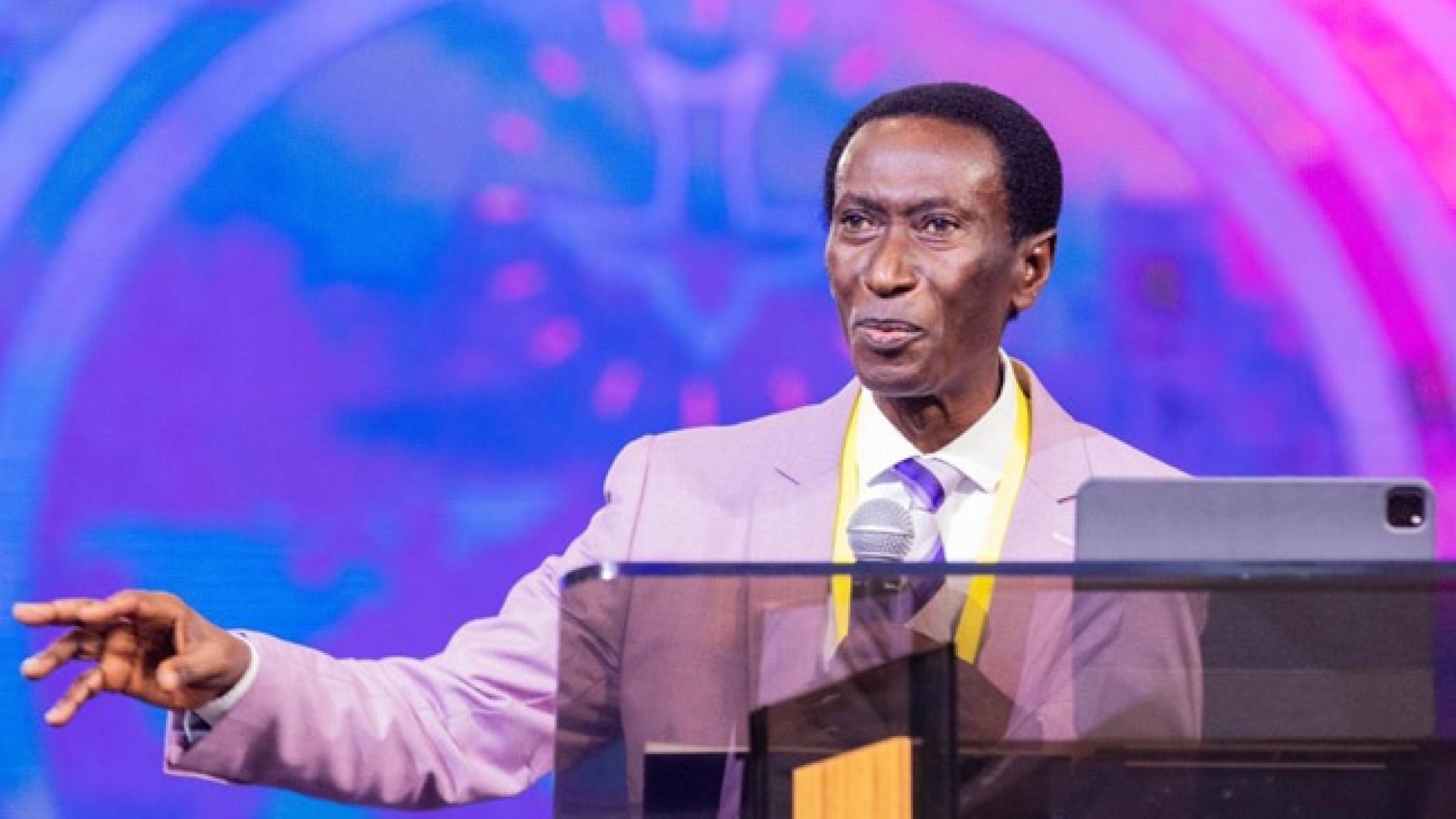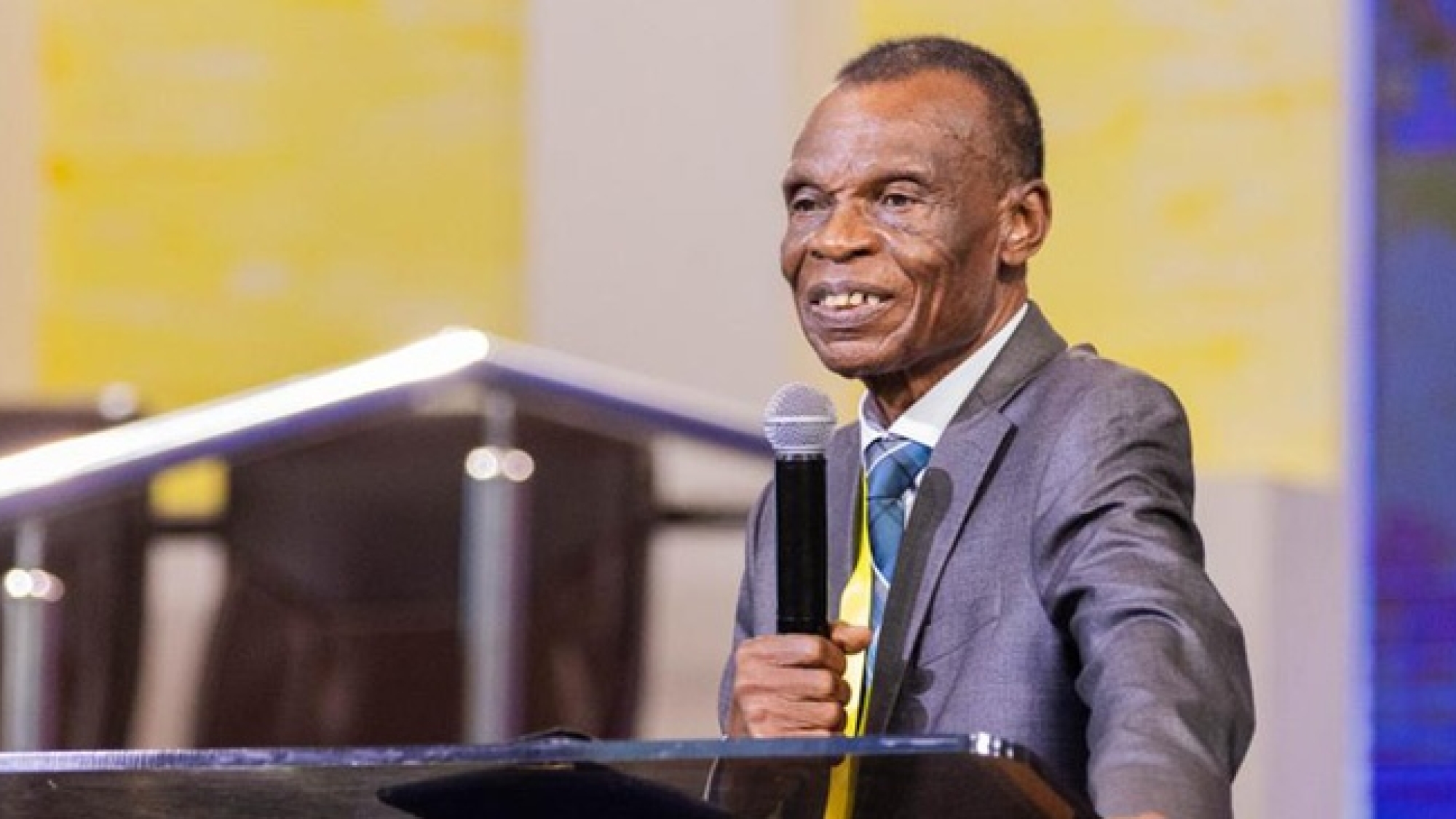The Executive Director of the Ghana National Association of the Deaf (GNAD) and disability rights advocate, Mr Juventus Duorinaah, Esq., has underscored the importance of ethics and professionalism in sign language interpretation, describing the service of interpreters as “an indispensable bridge between the deaf and the hearing world.”
He charged participants at the Sign Language Interpreters Conference 2025 taking place at the Pentecost Convention Centre (PCC), Gomoa Fetteh.
Speaking on the topic, “Ethics of Sign Language Interpreting,” Mr Duorinaah highlighted that the contribution of interpreters to the lives of the deaf community is “immeasurable.”
He stated: “Expertise is very important in translation. In translation, ethics are equally important—you must avoid anything that will constitute an abuse of rights to anybody.”
He charged interpreters to adhere strictly to professional principles and codes of conduct. Ethics, he said, “make our work professionally credible because sign language interpreting is a professional vocation. It builds trust, ensures fairness, and protects the rights and integrity of clients.”
Lawyer Duorinaah further admonished interpreters to maintain the highest standards of integrity and honesty.
“Say exactly what you hear. Avoid conflicts of interest, respect deadlines and commitments, and reject gifts or any undue influence,” he advised.
He cautioned against breaches of confidentiality, reminding participants that interpreters are bound by trust, saying, “Learn to keep client information confidential. Do not use information for personal gain, and disclose only with consent, legal obligation, or when safety is at risk.”
He also advised interpreters to accept only assignments within their area of expertise, adding that “if the job exceeds your capability, notify the client immediately.”
He emphasised impartiality and fairness as non-negotiable principles in professional conduct, indicating that the interpreter’s role is to listen and interpret—nothing more
Mr Duorinaah urged interpreters to maintain professional distance and be guided by ethical discipline.
PENT NEWS














